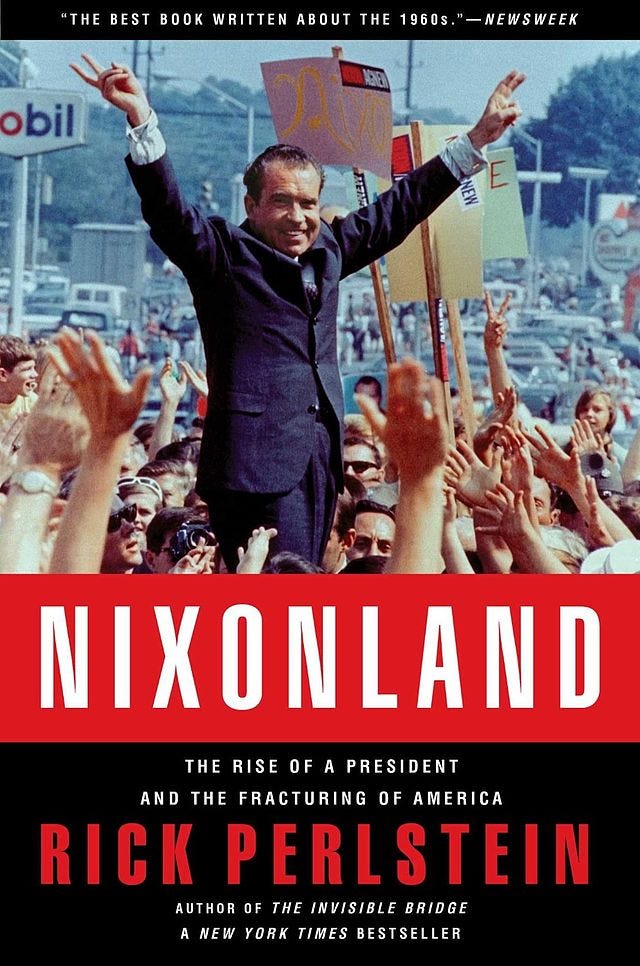(January 24, 1970, Richard Nixon in Philadelphia to present the Presidential Medal of Freedom to Eugene Ormandy: AP photo).
A few days ago I wrote about a post by Thomas Wolf on public arts support in the US – I focused on what he said about the income tax deduction for charitable donations as an “indirect” arts policy. Not to get all obsessive about his post (most of which is unobjectionable!) there was one more thing that struck me. He wrote:
In 1977, the U.S. Congress’s appropriation for the National Endowment for the Arts (NEA) reached $99.9 million. The growth in federal dollars had been extraordinary since the earliest days of the NEA when, in 1966, the appropriation stood at $2.9 million. Every President—Democrat and Republican—since 1966 had proposed funding increases to the agency, with some of those increases, including those of President Richard Nixon (hardly an arts enthusiast), being quite dramatic.
This is not about to be a defense of the presidency of Richard Nixon. His political methods haunt us to this day – I cannot recommend Rick Perlstein highly enough.

But … he actually was an arts enthusiast. He played piano and violin, enjoyed playing for others, and is one of the few modern presidents (I’m guessing here) to have composed a piano concerto – he performs it here, as a bit of a lark, in 1962 on the Jack Paar show:
Edward Allan Faine writes:
By his own admission, and attested to by others, Nixon was a classical music devotee. [Moreover, and] no doubt influenced by his early training on violin and piano, his ardor extended to light or semi-classical (Mantovani, Boston Pops, and 1001 Strings) and musical soundtracks (Gone with the Wind, My Fair Lady, Carousel, Oklahoma, and King and I) . . . Nixon told Washington National Symphony conductor Antal Dorati that his favorite composition was the background music by Richard Rodgers for the motion picture Victory at Sea.
And Duke Ellington recalled:
While taking us around various rooms on the family’s floor, he led us into one where there was an expensive stereo machine with many records and tapes. He proceeded to demonstrate all the audio possibilities—increasing the bass and the treble, one after the other, and showing how well the range was maintained at full and low volume. He was just like a kid with a new toy.
Is Nixon’s piano concerto very good? Not really, though I say this as someone who has never tried to compose one himself. Is his taste in music highbrow? No.
Was he an arts enthusiast? By any reasonable measure, yes, he was. My understanding is that he did not come to this through any inheritance of cultural capital, as the sociologists put it. It was not for show. It is not surprising in the least that he approved of great increases (greater than any other president, I believe) to the National Endowment for the Arts
Orchestra managers, opera company fundraisers, art museum curators, grants-agency administrators: the Trump voters walk among you. They go to your concerts, they come to your museum exhibitions, many of them know an awful lot about music and painting, and might so value your institution that they donate pots of money to you. Assuming that political views different from your own mean they could not possibly be arts enthusiasts – as Wolf seems to do here – is mistaken. The twentieth century gave us more lessons than we needed that there are no straight lines between political views and taste in the arts, any more than there are straight lines between taste in the arts and being a good and generous person privately. Don’t assume.
Cross-posted at Substack: https://michaelrushton.substack.com/

